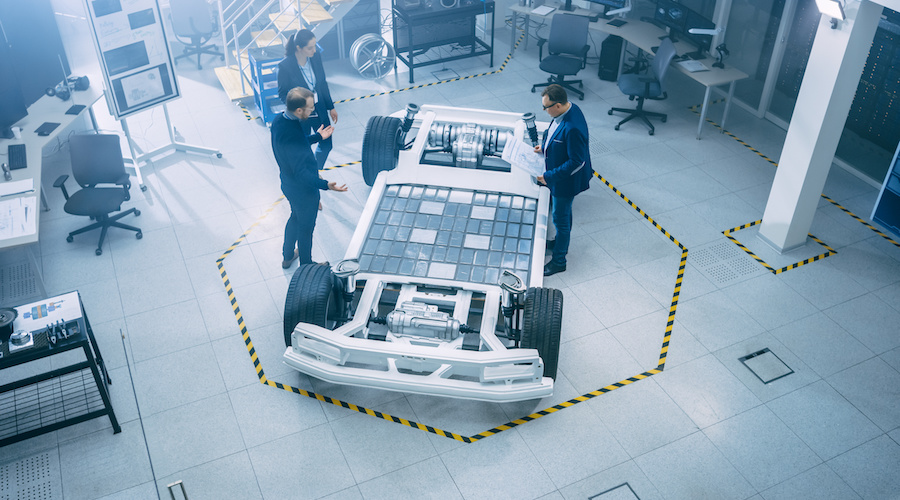Chinese scientists say new ‘water battery’ can hold more energy than lithium cells


Chinese scientists have developed a water-based battery with nearly double the energy density compared to traditional lithium batteries, according to new research published in a paper in Nature Energy.
According to researchers from the Chinese Academy of Sciences, tests revealed an impressive energy density of the iodine and bromine-based aqueous battery, reaching 1200 watt-hours per liter (Wh/L), surpassing the 700 Wh/L of non-aqueous lithium batteries.
Additionally, the researchers emphasized the safety advantages of their aqueous battery over non-aqueous lithium batteries, notorious for their high flammability.
As reported by the South China Morning Post, the water-based battery “shows promising potential for the development of next-generation high-energy-density and safe rechargeable aqueous batteries,” as quoted by the researchers.
One of the authors, Li Xianfeng, a professor at the CAS Dalian Institute of Chemical Physics, stated that their findings “may expand aqueous battery applications in the power battery field.”
Currently, most electric vehicles rely on lithium-ion batteries to operate.
A lithium-ion battery pack for a single electric car contains about 8 kilograms (kg) of lithium, according to figures from the US Department of Energy.
Comments